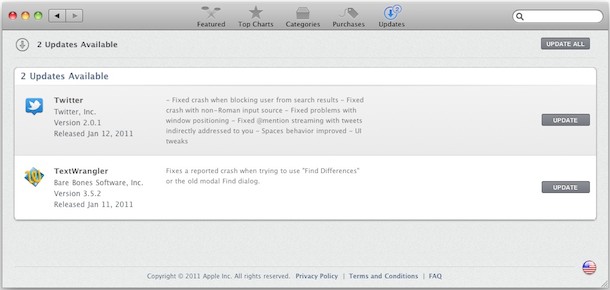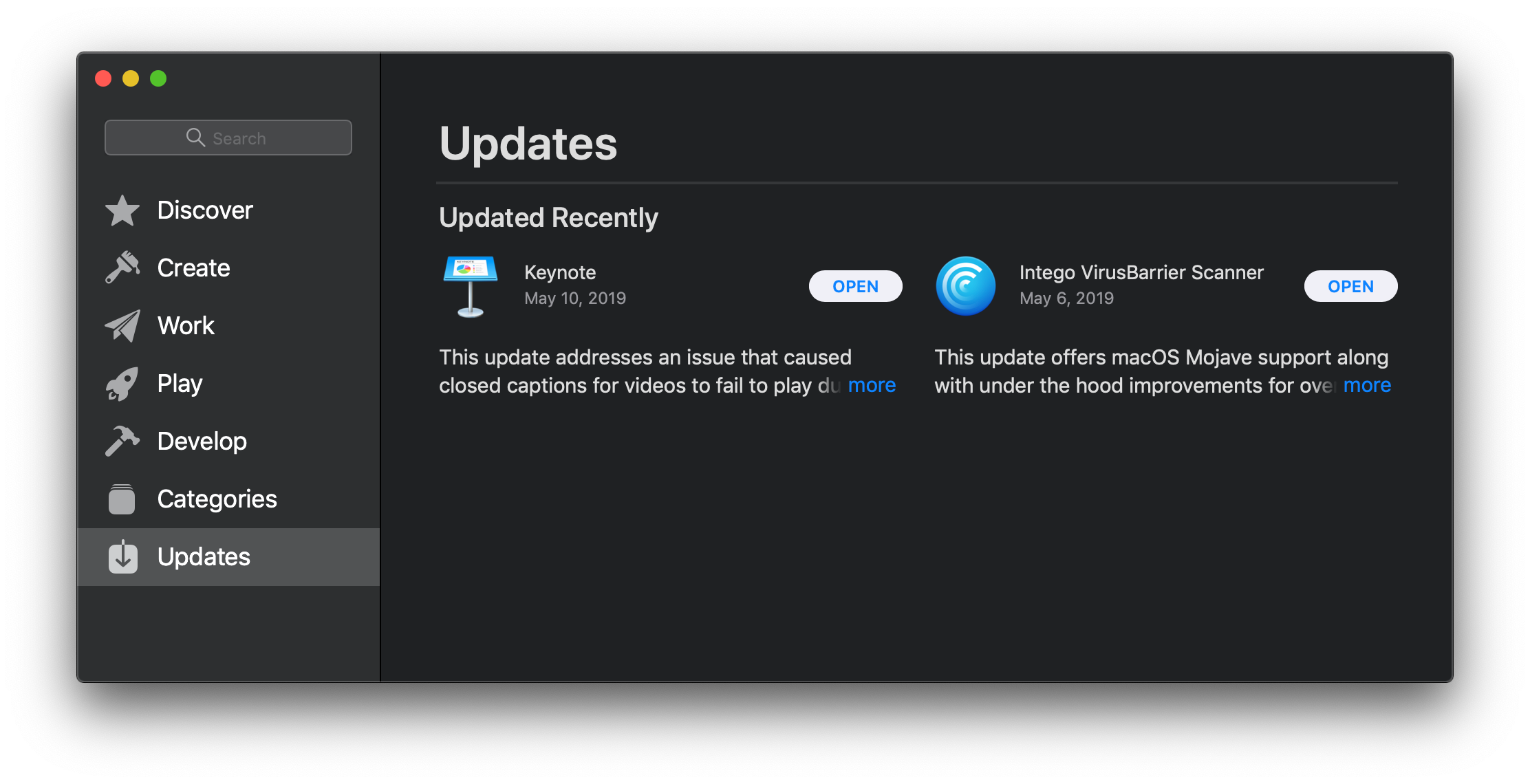Since we posted our Mac App Store FAQ Thursday, I’ve received a lot of questions about the nitty gritty details of what you’re legally entitled to do with an app you buy from the Mac App Store.
I’ve updated the original FAQ story with those details, but I thought it was worth restating them here, too. So here goes.
Free Mac Software Downloads
TurboTax Home & Business Desktop 2020 Tax Software, Federal and State Returns + Federal E-file Amazon Exclusive PC/Mac Disc Intuit 4.7 out of 5 stars 4,590. Global Nav Open Menu Global Nav Close Menu; Apple; Shopping Bag +. Academic software discounts at up to 85% off retail prices for students, teachers, faculty and schools. Academic discount on Adobe, Microsoft, Autodesk and thousands of software titles available.

Rights and sites
When you buy an app on the Mac App Store, you’re getting the rights to run that program on any Macs you own and operate, for your personal use. Basically, if your household has a half-dozen different Macs, including desktops and laptops, you can buy a copy of Gratuitous Space Battles and play it on every single one of them. Consider a purchase of consumer software via the Mac App Store to be a bit like buying a household site license for the app.

The situation is slightly different for apps that are considered commercial or professional in nature. For apps that fall into this category—Aperture’s a good example—the Mac App Store license says that you essentially can install that item on computers you use or on a single computer shared by multiple people. Basically think of it as a one-seat license for a pro app.
In other words, the Mac App Store’s purchasing system is not designed so that a podcasting company can spend $15 for GarageBand and equip 30 different Macs with a copy. But if you want to buy a game and put it on your desktop Mac, your laptop, your wife’s laptop, and your daughter’s laptop, go for it.
Apple Mac Software Store
Copy protection
Amazon Mac Software Store
Mac App Store apps aren’t wrapped in digital-rights management software, really. In fact, copy protection is not mandatory on Mac App Store apps. Developers can add an identity check if they want, though. The way that identity check works is, the app itself (not the Mac App Store App) sees if it’s got authorization to run. If it doesn’t, it asks for your Apple ID and password and then verifies that information with Apple. Once it gets the OK from Apple’s servers, it saves that authorization and continues running.
That’s it. There’s no authorizing or deauthorizing of Macs, like you do with iTunes media. There’s no five-Mac limit, or device limit of any kind. If you are a Mac hoarder who has 55 different Macs at your house, all running OS X 10.6.6, you can fly that Guns of Icarus Zeppelin on every single one of them.
Now, let’s compare this news with the licensing rules I mentioned above. You can put two and two together, can’t you? Beyond entering in your Apple ID and password, this is all on the honor system. Just as you can install a single-user copy of iWork ’09 or iLife ’11 or Snow Leopard on an infinite number of Macs, you can install Mac App Store software on as many Macs as you can get your hands on. It’d just be against the terms of the Mac App Store you agreed to before you started buying things. Bad karma and all that.
Software For Macs
So, to sum up: Apps bought in the Mac App Store have license limitations on use, just like apps you buy in a box. They don’t have any serialization systems, nor do they have checks to limit the number of copies you can use at once. Beyond your iTunes ID, it’s all on the honor system. But, to be sure, all the developers of Mac software would prefer that you be honorable, so they can afford to keep developing that software.
